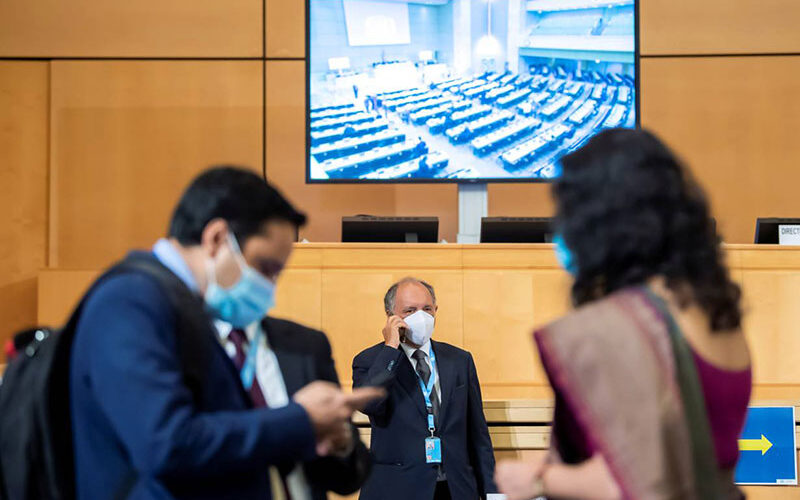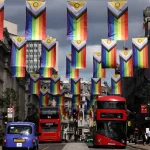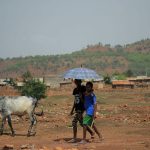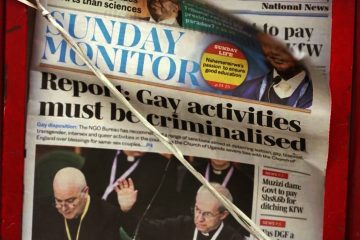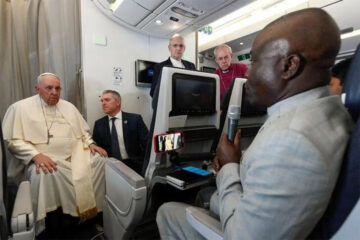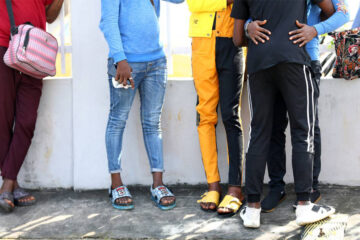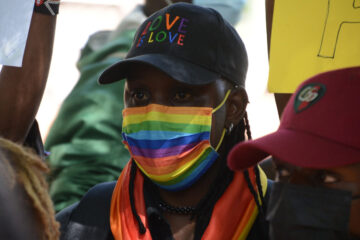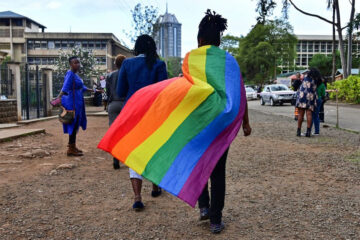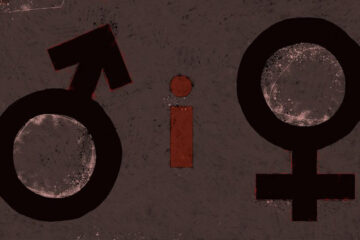RACHEL SAVAGE
MORE than 30 countries have condemned “medically unnecessary surgeries” on intersex children as a human rights violation, amid mounting efforts to ban such operations.
It is the first time that unnecessary surgeries on children born with an indeterminate sex have been criticised at the United Nations, advocates said, with 34 countries signing the statement at a U.N. Human Rights Council session.
“Intersex people – that is, individuals who are born with sex characteristics that do not fit the typical definition of male or female bodies – continue to face serious and widespread human rights violations and abuses,” the statement said.
“Governments should investigate human rights violations and abuses against intersex people, ensure accountability, reverse discriminatory laws and provide victims with access to remedy,” it said, with signatories including Pakistan and Argentina.
The U.N. says about 1.7% of babies are born intersex, with a small proportion undergoing surgery to bring the appearance and function of their genitalia into line with that expected of males or females.
Research suggests that unnecessary surgeries performed without children’s consent can lead to psychological damage later in life. They are banned in Malta and Portugal, both of which signed the statement.
“Our bodies were born whole, and only we should have had the right to decide what happened to them,” Mauro Cabral Grinspan, executive director of GATE, a U.S.-based intersex and transgender advocacy group, said in emailed comments.
“We hope that today’s words at the United Nations will push states to finally take action and restore justice towards us,” he told the Thomson Reuters Foundation.
An Austrian diplomat who helped coordinate the statement, but was not authorised to speak publicly, said it could be a first step in raising awareness of intersex rights violations and more countries may sign up next week. – Thomson Reuters Foundation.

